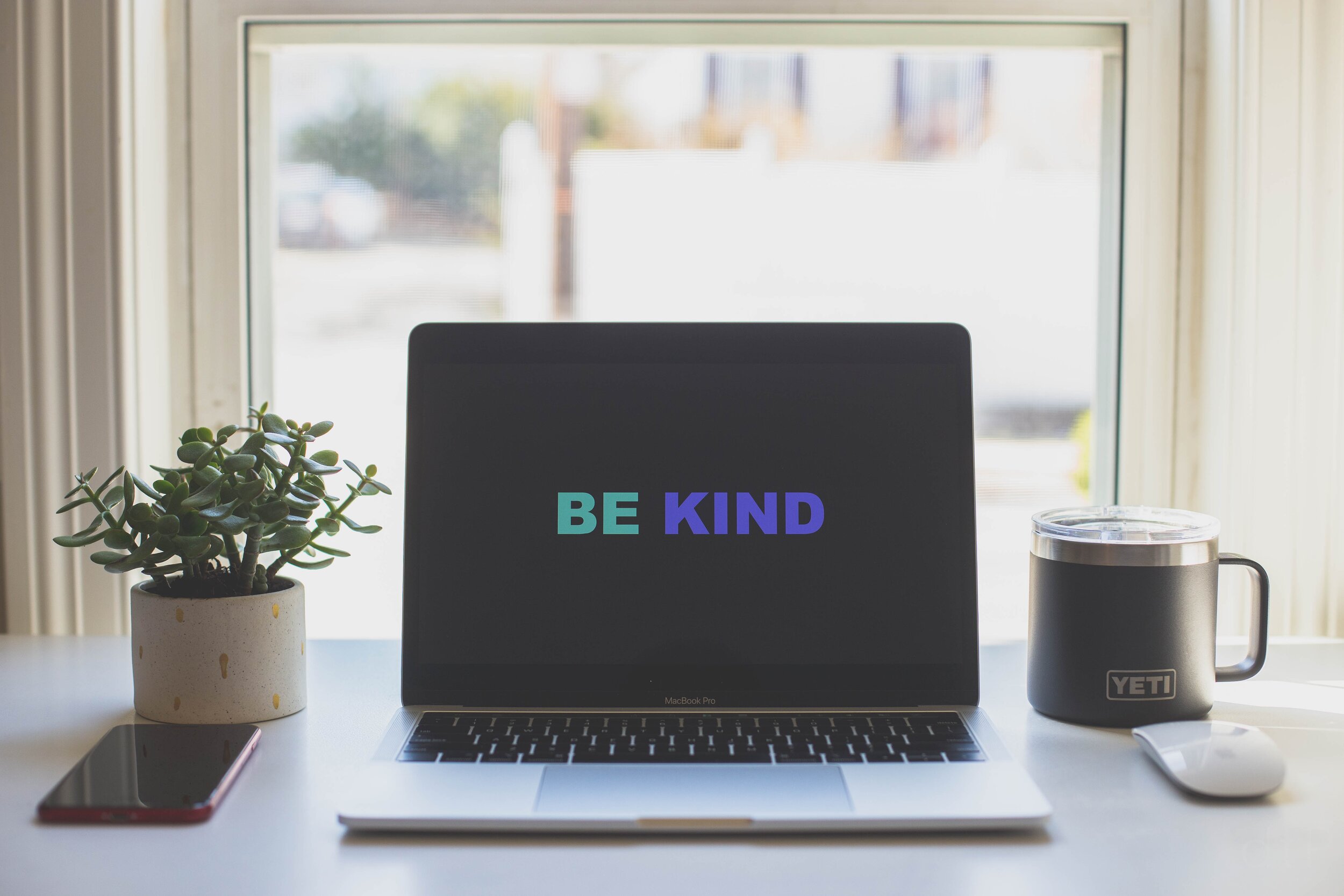How can we ride the wave of uncertainty that surrounds us?
As humans, our brains HATE uncertainty. Its primary function is survival, and we’ve been hard wired to maximise reward and minimise threat, so when an uncertain situation arises the brain doesn’t know how to process the information. It’s not surprising, therefore, that the unpredictability of Coronavirus and the ifs and buts of how we’ll transition out of lockdown, are causing a surge of emotions and worry we’ve not experienced before.
So how do we hack our minds to be able to cope with all the unknowns we’re faced with? Jon Kabat-Zinn (a pioneer of mindfulness in medicine) says ‘You can’t stop the waves, but you can learn how to surf’. So here’s 5 effective techniques to help you ride the wave of uncertainty;
1) Carve up your day
Creating a schedule or plan of action each day gives our brain something to anchor on to, it loves routine as it makes us feel safe and in control. But this isn’t just a tool for the working day, those on furlough can also really benefit. If you ever feel like the days are rolling in to one, or you feel a bit aimless, this will provide a structure. (Even if your schedule goes a little something like 10-11am Daily walk, 11am-4pm Wrangle the kids!)
2) Accept what you can’t change and focus on what you can
This may feel like a mammoth ask, so to break it down try this exercise; Draw two large circles on a piece of paper. In the outer circle write down things out of your control, like how long lockdown will last, or what Boris will say next. In the inner circle write down things that are in your control. Take a moment to really reflect on this. Your thoughts, what you say, your behaviour, and how you respond and react are all part of this circle.
Next time you notice your thoughts are drifting into the outer circle, take a moment of pause and then consciously shift your focus onto something in the inner circle. This calms the mind as it feels on safer, more assured ground.
3) Set one goal a day - be REALISTIC!;
Accomplishment really boosts our sense of wellbeing, so try setting yourself one goal each day. The big caveat is that it should be realistic, you don’t need to tick off a whole to do list or learn the ukulele, that will lead to more pressure and less chance of succeeding. Instead set one achievable goal, accomplishing it will generate feelings of satisfaction, purpose and pleasure.
4) Root yourself in the present moment.
There’s one thing that IS certain, and that’s the present moment. If your thoughts start spiralling into the future, or your emotions are becoming overwhelming then come back to the safety of the here and now. Try tuning in to the detail of what you can see or hear around you, feel your feet on the floor, or bring your attention to the subtle movements of the breath flowing in and out. Connecting to your body in this way interrupts the mind from ruminating and puts the brake on your stress response, calming the nervous system.
5) Be kind to yourself
When dealing with uncertainty it’s inevitable to feel a bit wobbly, and that’s ok. Try not to compare yourself with how other people are coping, or what other businesses are doing, that will only drive up the negative internal chatter and self-doubts. Instead really tune in to what’s going on for you and what you need. This may mean you have to lower your expectations, switch up your routine, or actively boost your energy with a task you love. Self-kindness isn’t just about having a bubble bath or hugging a tree, it’s about effective self-management!


